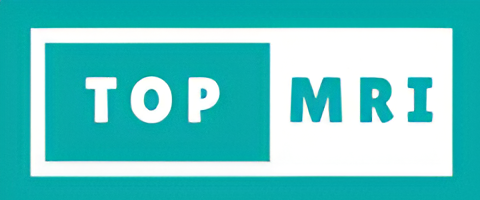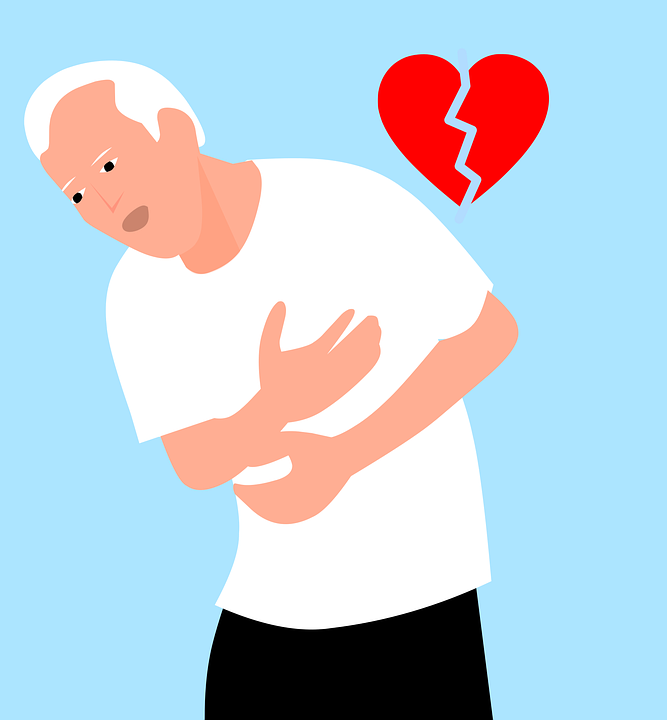
CT Scan of the Chest
CT Scan of the Chest
CT Scan is an imaging test that uses X-Rays and computer technology to create cross-sectional images of the organs and structures inside your chest. It provides detailed images of the chest than regular X-Rays and give more information about injuries or diseases in the chest area. It may require injection of contrast dye as it makes the parts of the body show up better in the images.
Other procedures that are used to diagnose problems of the lungs and respiratory tract are bronchoscopy, Chest X-Ray, Chest Ultrasound, PET Scan, Pulmonary Angiogram, Sinus X-Ray, Lung scan, Lung Biopsy, etc.

Why it is required?
It is done to check the chest and its organs. Various aspects can be diagnosed by doing this like –
Blockage
Injury
Infection
Tumor
Health problems
Chest pain
Intrathoracic bleeding
It is done in cases in which physical exams and X-Rays do not provide clear information about the condition. It can also be used in cases of fluid sample removal from the chest, keeping an eye on tumor, guiding needles during biopsy pf thoracic organs or tumor and other conditions of the test before and after treatment. Other than this various other conditions could be there for which a doctor may recommend CT scan.
What are the benefits?
It is a fast and widely available process.
It is non-invasive, painless and accurate.
CT exams are fast, simple and cost-effective.
It has the ability to image bone, soft tissues and blood vessels at the same time.
It is less sensitive and an implanted device may not cause problem.
No radiation remains in the body.
It provides a real-time imaging.
What are the risks involved?
There is risk of radiation involved in the procedure.
You should inform your doctor if you are pregnant as radiation may lead to birth defects.
There are chances of allergic reaction caused due to the use of contrast dye.
If you have kidney problems, inform the healthcare provider as contrast dye could cause kidney failure.
If you take diabetes medicine called metformin with contrast, you are ay a risk of developing metabolic acidosis.
Inform your healthcare provider about your medical condition as there is risk due to other health conditions also.
There are various things that make CT scan of the chest less accurate, such as body piercing on the chest, metallic objects within the chest, and barium in the esophagus.
What are the limitations?
A large or an obese person may not be able to fit properly in the machine.
MRI show some soft-tissue abnormality better than CT scan.
Body movement or irregular breathing may result in blurry images.